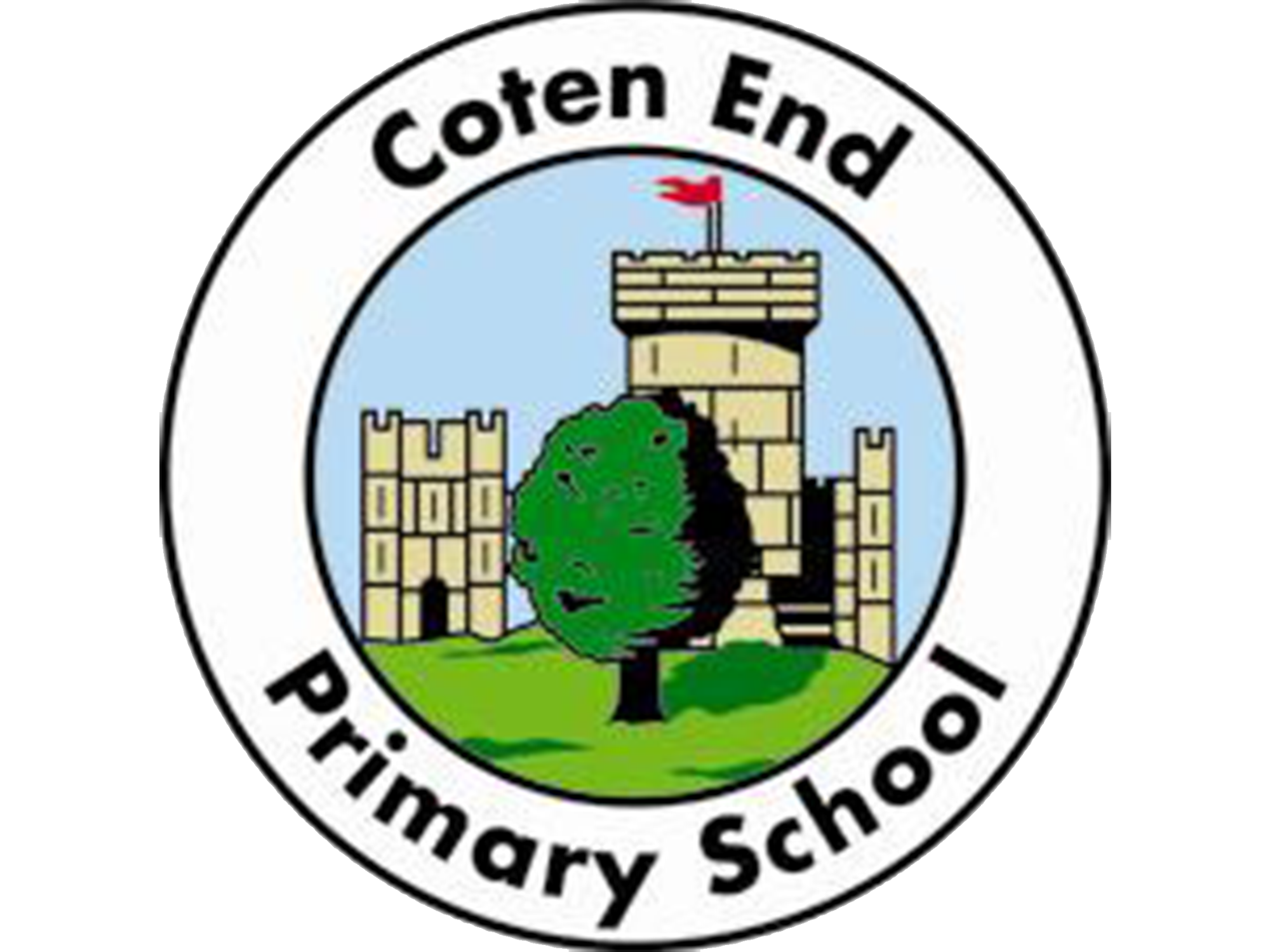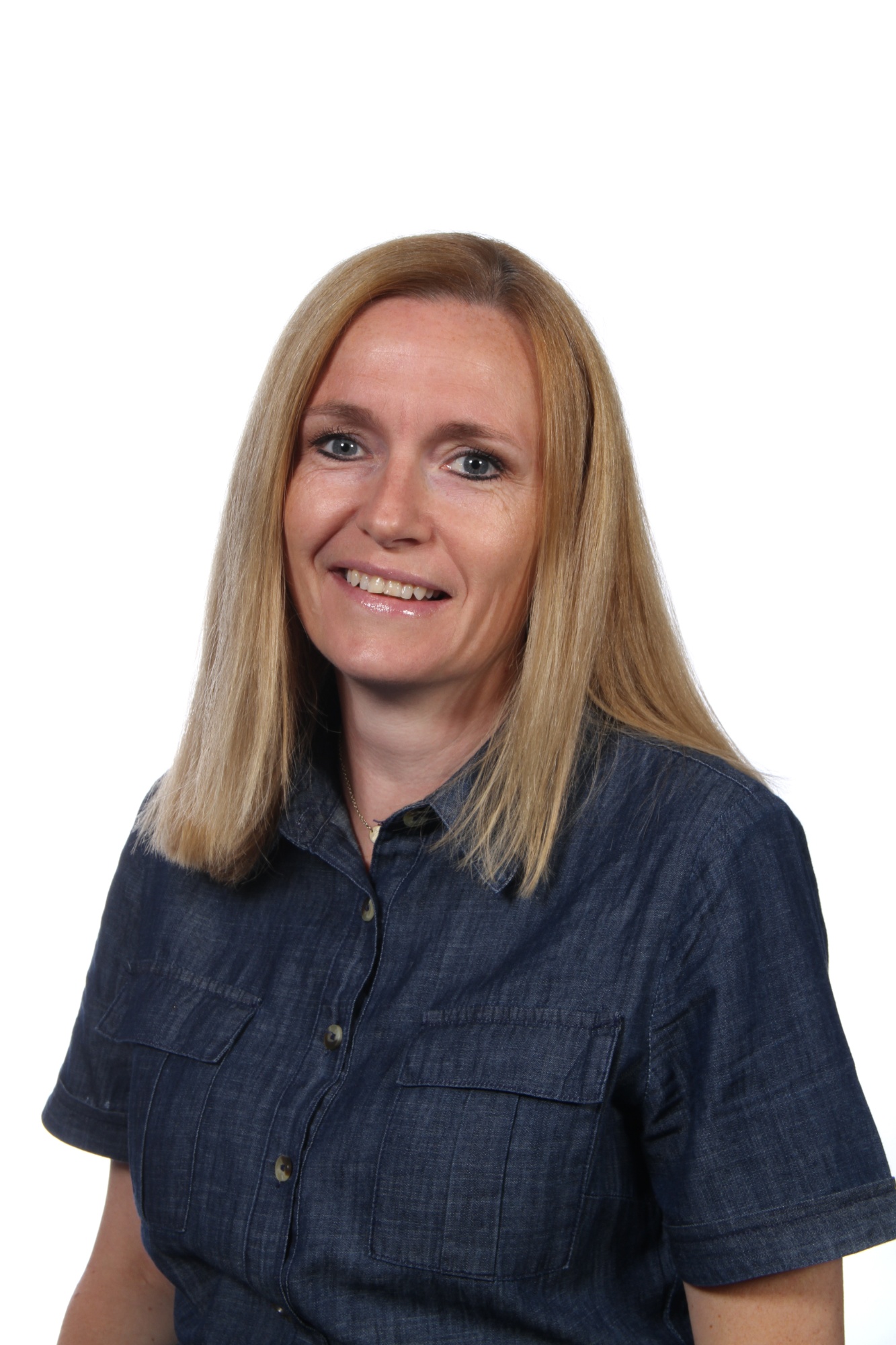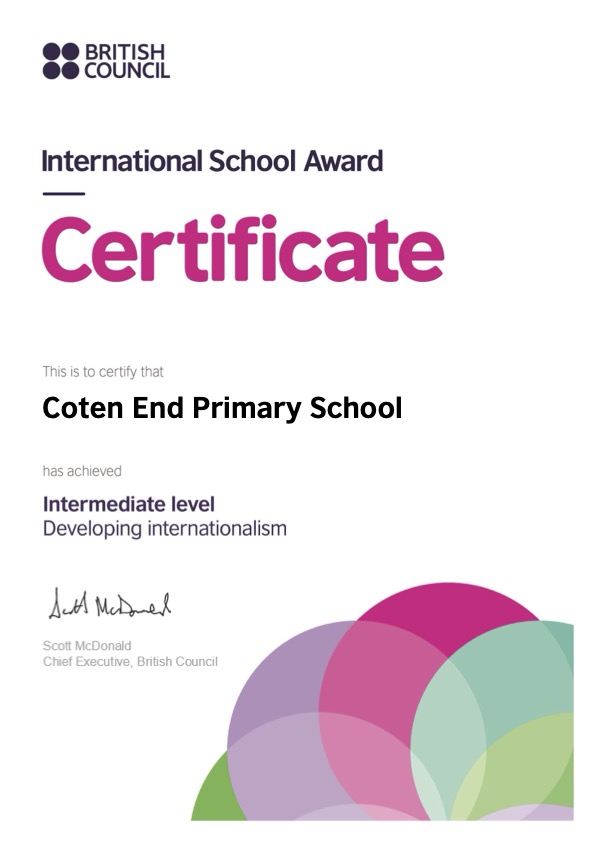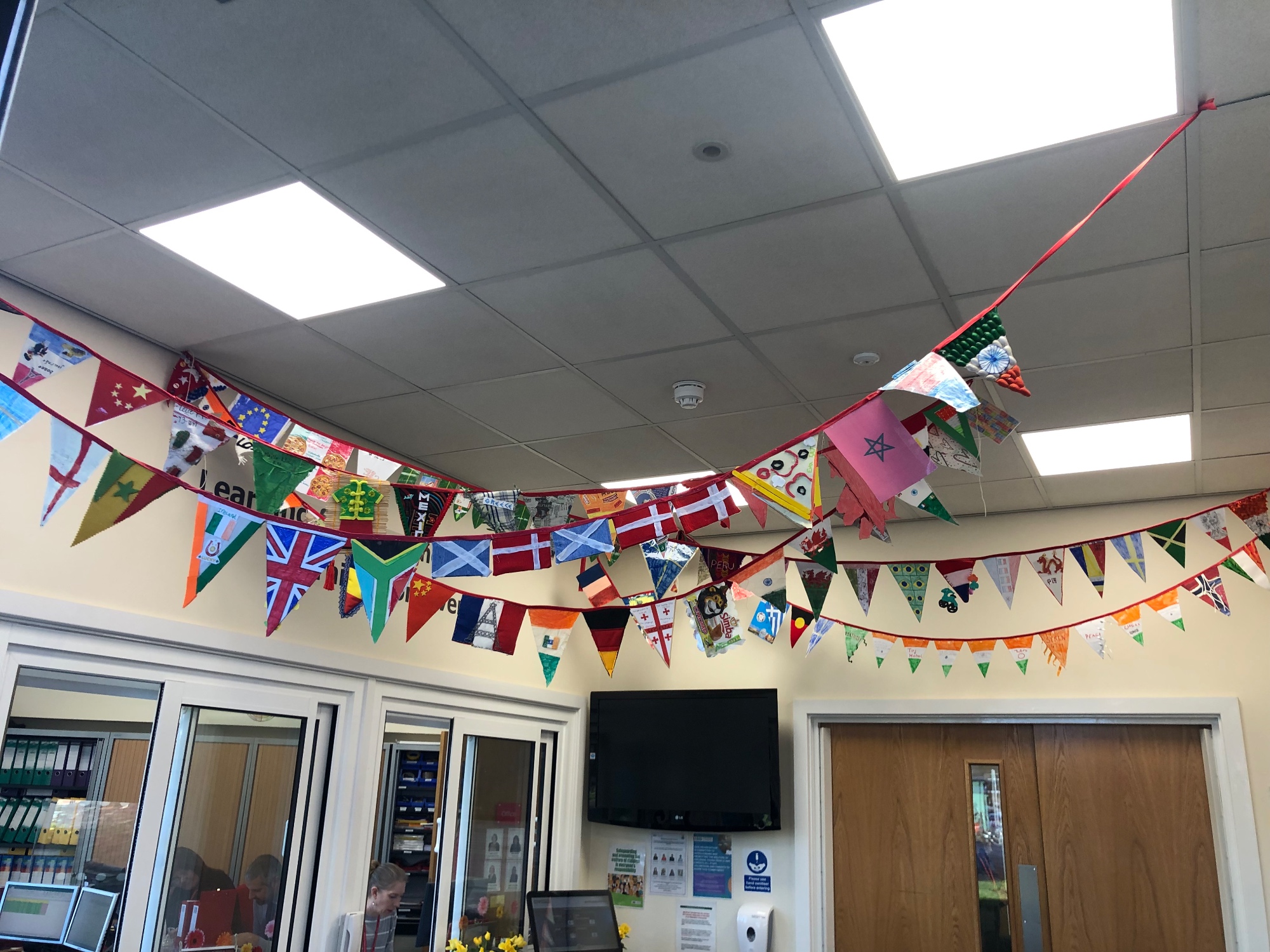
Coten End Primary School
MFL
Curriculum Lead: Vicky Allison

Intent
“To learn a language is to have one more window from which to look at the world.”(Chinese proverb)
Studying a language in primary school provides children with essential skills. As well as giving them the opportunity to learn a second language, an increasingly important skill in our globalised society, it also helps to promote and develop a broader intercultural understanding. The study of a second language also supports children’s general literacy and oracy, by raising awareness of their own language and thereby enriching their understanding of both. Furthermore, primary languages are about fun, communication, confidence building, developing learning strategies, learning about similarities and differences and respecting others.
Implementation
At Coten End Primary School, Modern Foreign Languages are introduced formally across all of Key Stage 2. The MFL curriculum is based on a scheme of work developed by our secondary trained subject leader Vicky Allison. Where possible she endeavours to link MFL lessons to our learning themes, although some units are taught discretely. Culture plays a huge part in MFL lessons. Festivals/celebrations are taught where appropriate throughout the year to each year group e.g European Day of Languages, Bastille Day, Christmas, etc.
In Years 3, 4 and 5 French is the main language taught. Year 5 children have the opportunity to exchange letters and cards, written in the target language, several times a year with their pen-pals who live in Sérignan, France.
In Year 6 the children are taught a term of French, German and Spanish in order to give them a taster of all three languages and provide the children with good language learning strategies as a solid foundation for future language learning. Having taught at our main feeder school, Myton School, for 15 years, Mrs Allison is well aware of where the children need to be at the end of Key Stage 2 and she has been able to set up strong links between the two schools.
Impact
Our MFL curriculum ensures that all pupils develop key language learning skills, as set out by the National Curriculum, as well as a love of languages and an understanding of other cultures.
Link to National Curriculum for KS2 languages:

We are proud to have been awarded the British Council’s prestigious International School Award in recognition of our commitment to embed international awareness and understanding into our curriculum and school life.
The International School Award celebrates the achievements of schools that do exceptional work in international education. Fostering an international dimension in the curriculum is at the heart of the British Council’s work with schools, so that young people gain the cultural understanding and skills they need for life and work in today’s world.
Coten End’s international work includes having partnerships with schools in Austria and France. We celebrate European Day of Languages by holding a whole-school competition. This has included the Council of Europe's t-shirt competition, a whole school bake-off and a whole-school bunting competition. We hold a languages theme day every year. We also have a language of the half-term and run a lunchtime club (Culture Club) so that children who speak the language can get together and speak to each other in their own language. It also enables other children to find about new languages and cultures.
Assessor feedback:
“This is a good application from Coten End Primary School. There are positive links with schools in France and Austria and whilst these are specific year-group links they have clearly enhanced language learning. There are also two well-thought-out language activities, which not only extend understanding of different languages but celebrate the languages spoken within the school. Both of these activities also fully embrace cultural understanding, through music, food and art. There is also good involvement with external links, for example, the Council of Europe competition. The range of cross-curricula themes for each year group is a strong element of this application and would have been flagged if the option was available. Whilst each year group concentrates on a different country there are strong elements of cultural aspects as well as geographical understanding”.
